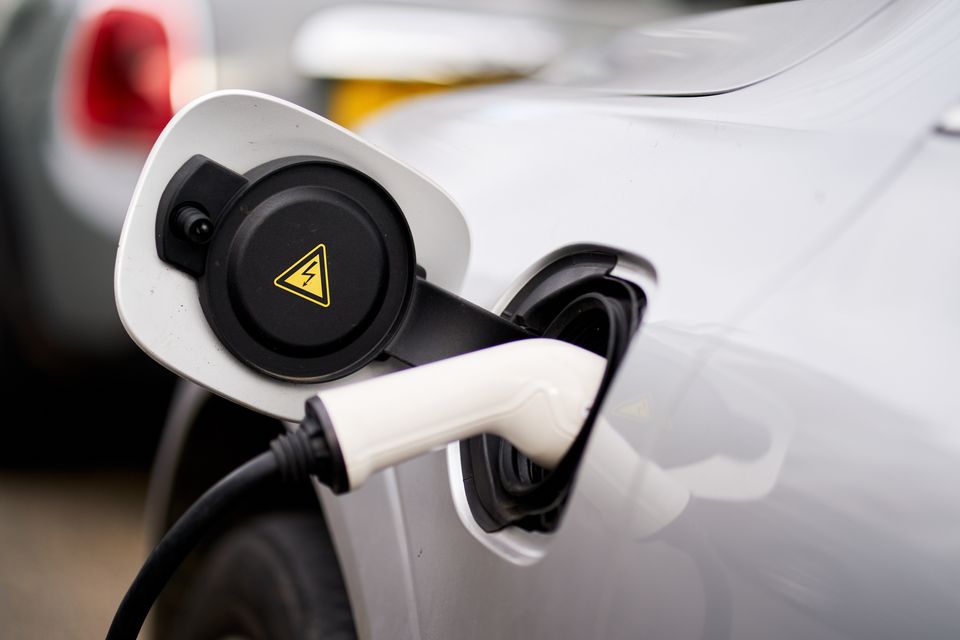Plan for mass switch to EVs across EU is running into trouble, auditors warn
PA/Stock image
EU auditors have warned that plans to halt the sale of new petrol and diesel cars in the next decade are heading for trouble.
They say electric vehicle battery production in Europe is much too expensive to build mass sales.
Currently a battery manufactured in the EU costs €15,000, with the raw materials coming from countries far outside the bloc.
That will leave the EU trying to boost sales by either depending on cheaper imported vehicles from China or pumping massive subsidies into the EU market.
They also say the public EV charging infrastructure is extremely poor across most of Europe which the majority of charging points concentrated in just three countries.
The auditors warn there is also too much hope being pinned on developing biofuels as an alternative petrol and diesel.
They say biofuels are an environmentally dubious option, are not available in the quantity that would be needed and are not competitively priced.
“We’re facing an uphill battle,” said Annemie Turtelboom of the European Court of Auditors (ECA).
Emissions from transport make up a quarter of all EU emissions and half of those are from private cars.
Under the EU Green Deal, the target is for all new cars sold to employ zero carbon emission technology from 2035.
Sales of conventional cars will not be banned but a carbon penalty will apply which would add thousands of euros to the price.
The ECA said, however, that current policies to encourage motorists to go electric are not working fast enough or at the scale needed.
“To win over the mass market, prices would need to halve,” Ms Turtelboom said.
Another problem is that while modern petrol and diesel cars emit fewer carbon emissions than older models, any gains are being cancelled out because cars are getting bigger and heavier.
“Emissions from conventional cars – which still account for nearly three-quarters of new vehicle registrations – have not materially decreased in 12 years,” said ECA member, Nikolaos Milionis.
“While engines have become more efficient, this has been countered by heavier cars, on average 10pc heavier, and the more powerful engines needed to pull that weight around, on average 25pc more powerful.”
The auditors found that plug-in hybrid cars produce more emissions than advertised.
“The gap between emissions measured under laboratory conditions and those on the road stand at 250pc on average,” they said.
Join the Irish Independent WhatsApp channel
Stay up to date with all the latest news















